𝗘𝗺𝗽𝗹𝗼𝘆𝗲𝗿𝘀 𝗼𝗳 𝗖𝗵𝗼𝗶𝗰𝗲: 𝗧𝗵𝗲 𝗣𝗼𝘄𝗲𝗿 𝗼𝗳 𝗔𝘀𝗸𝗶𝗻𝗴 𝗪𝗛𝗬 𝗮𝗻𝗱 𝗪𝗛𝗔𝗧
What sets your company apart?
In today’s competitive business landscape, companies that distinguish themselves as employers of choice are the ones that continually ask the right questions—WHY and WHAT. These fundamental questions drive strategic planning, innovation, and a sense of purpose that permeates the entire organization.
WHY Are You in Business?
Understanding the “why” behind your business is crucial. It goes beyond making a profit. It’s about identifying the core mission and vision that motivates you and your team to go to work every day. Employers of choice have taken the time to reflect on this question, considering various paths and ultimately deciding that their current company is the best means of achieving their goals. This clear sense of purpose is communicated from the top down, creating a unified and motivated workforce.
WHAT Does Your Company Do?
Knowing what your company does is more than just understanding the products or services you offer. It’s about recognizing the impact these products or services have on your customers’ lives. Employers of choice are acutely aware of the value they provide. They can articulate not only what they produce but also how it fits into a broader context. This understanding fosters a sense of pride and purpose among employees, who see their work as meaningful and impactful.
Consider this analogy: A kid asked a bricklayer what he was doing. The bricklayer said, “Laying bricks, kid. Lots of bricks.” The kid asked another bricklayer the same question. He replied, “I’m building a home where elderly people can live with dignity and pride.” The difference in their responses highlights the importance of understanding the broader impact of one’s work.
Embracing Change and Innovation
Employers of choice are not afraid to make changes and embrace new ideas. They recognize that yesterday’s thinking sells to yesterday’s people—a declining group. Growth comes from applying tomorrow’s thinking to tomorrow’s people, staying ahead of the competition, and adapting to new ideas that align with potential customers. This forward-thinking approach ensures that the company remains relevant and competitive in a constantly evolving market.
Tapping into Untapped Potential
Another hallmark of employers of choice is their ability to recognize and harness untapped potential within their workforce. This includes being inclusive and welcoming to minority groups, such as people with disabilities. Employers of choice are not afraid to make the necessary adjustments to get the best out of every employee. This inclusive approach not only enhances the company’s talent pool but also fosters a diverse and dynamic workplace culture.
Conclusion: Why Settle for Second Call at the Buffet When You Can Have a La Carte?
Becoming an employer of choice is about more than just implementing policies and procedures. It’s about cultivating a culture that values strategic thinking, innovation, and inclusivity. By continually asking the questions WHY and WHAT, and by embracing change and diversity, companies can create an environment where employees feel valued and motivated.
I’m Daniel Phasey, and I can help you become an employer of choice. Why settle for second call at the buffet when you can have a la carte?
#Leadership #StrategicPlanning #BusinessGrowth #Innovation #InclusiveWorkplace #EmployerOfChoice #EmployeeEngagement #Diversity #Success #FutureOfWork







